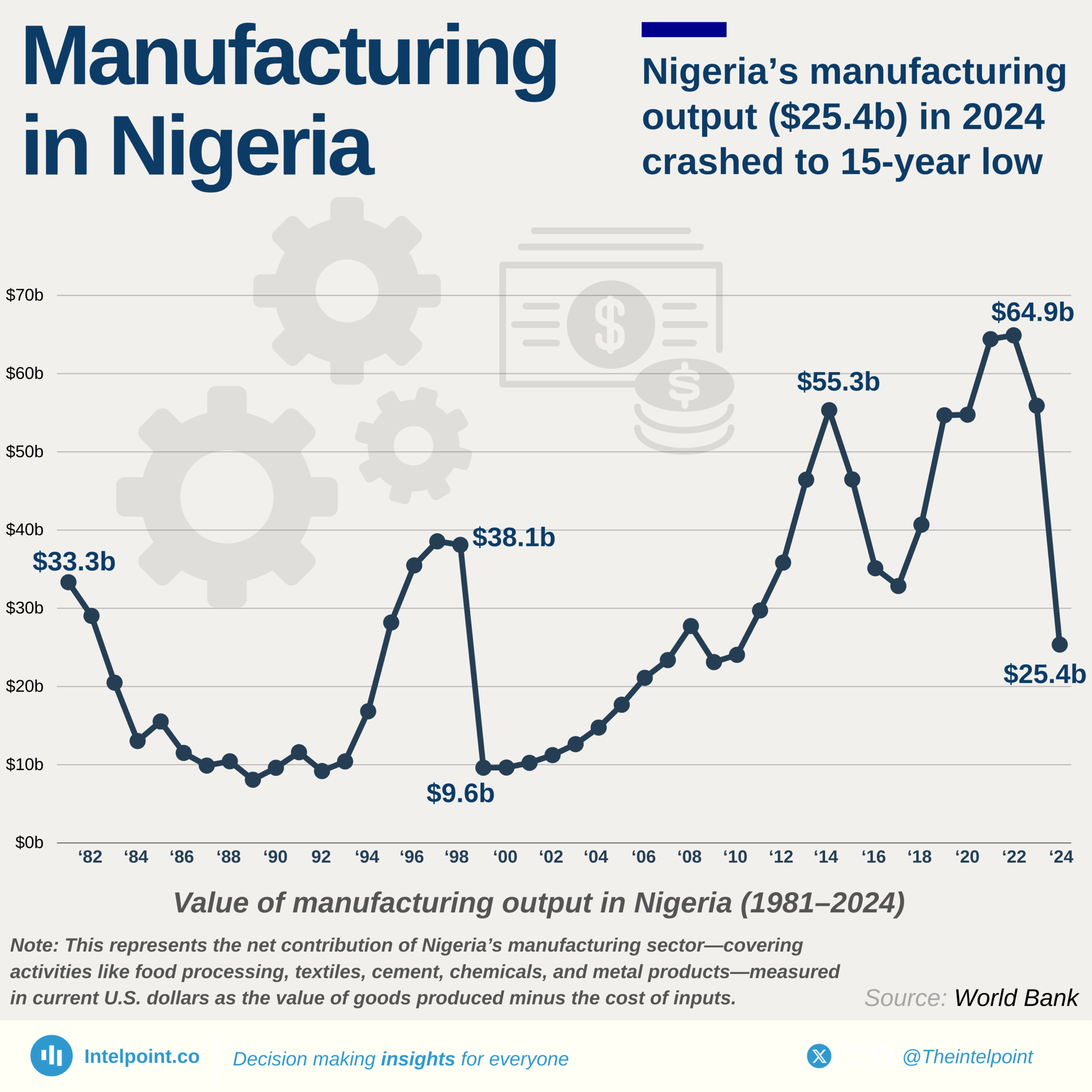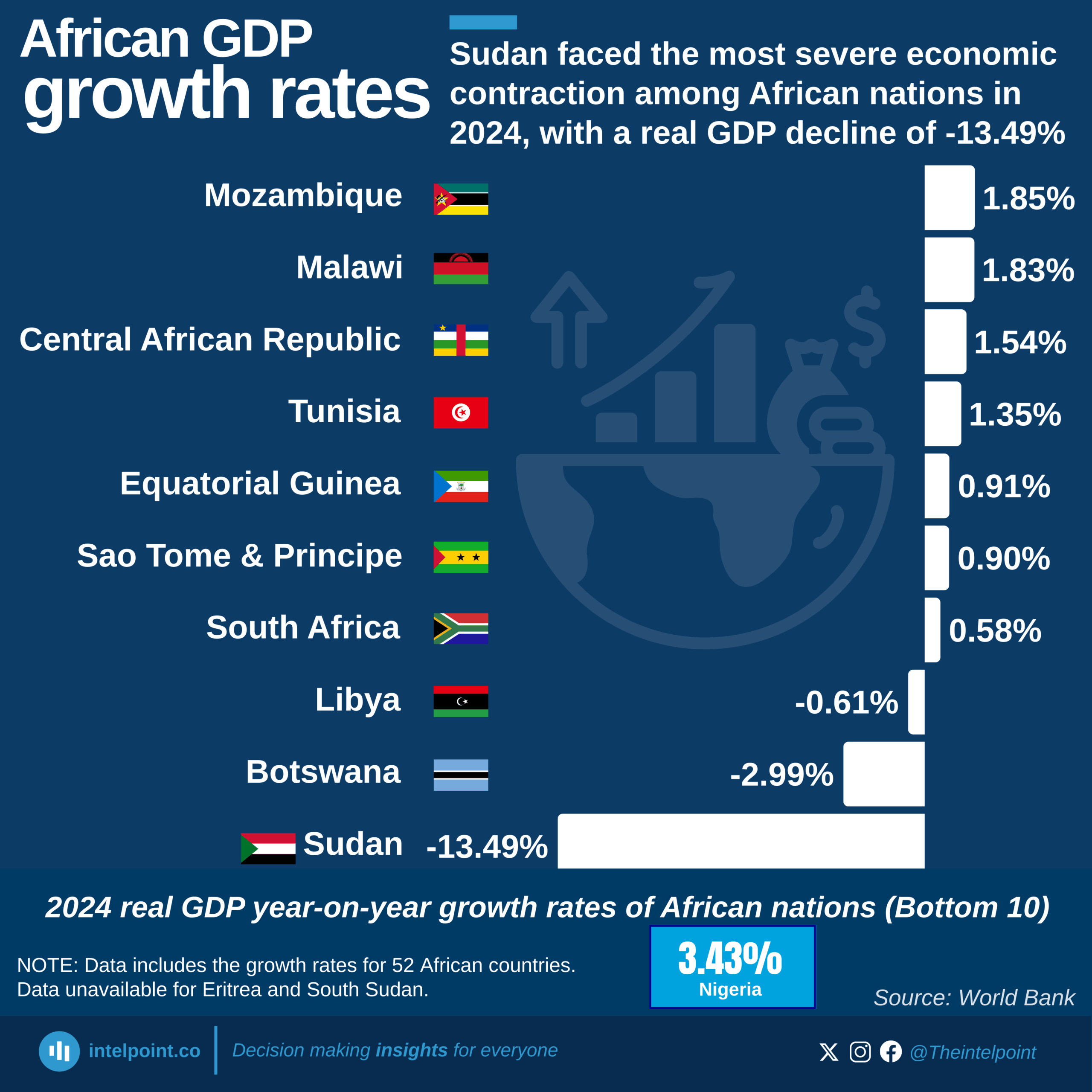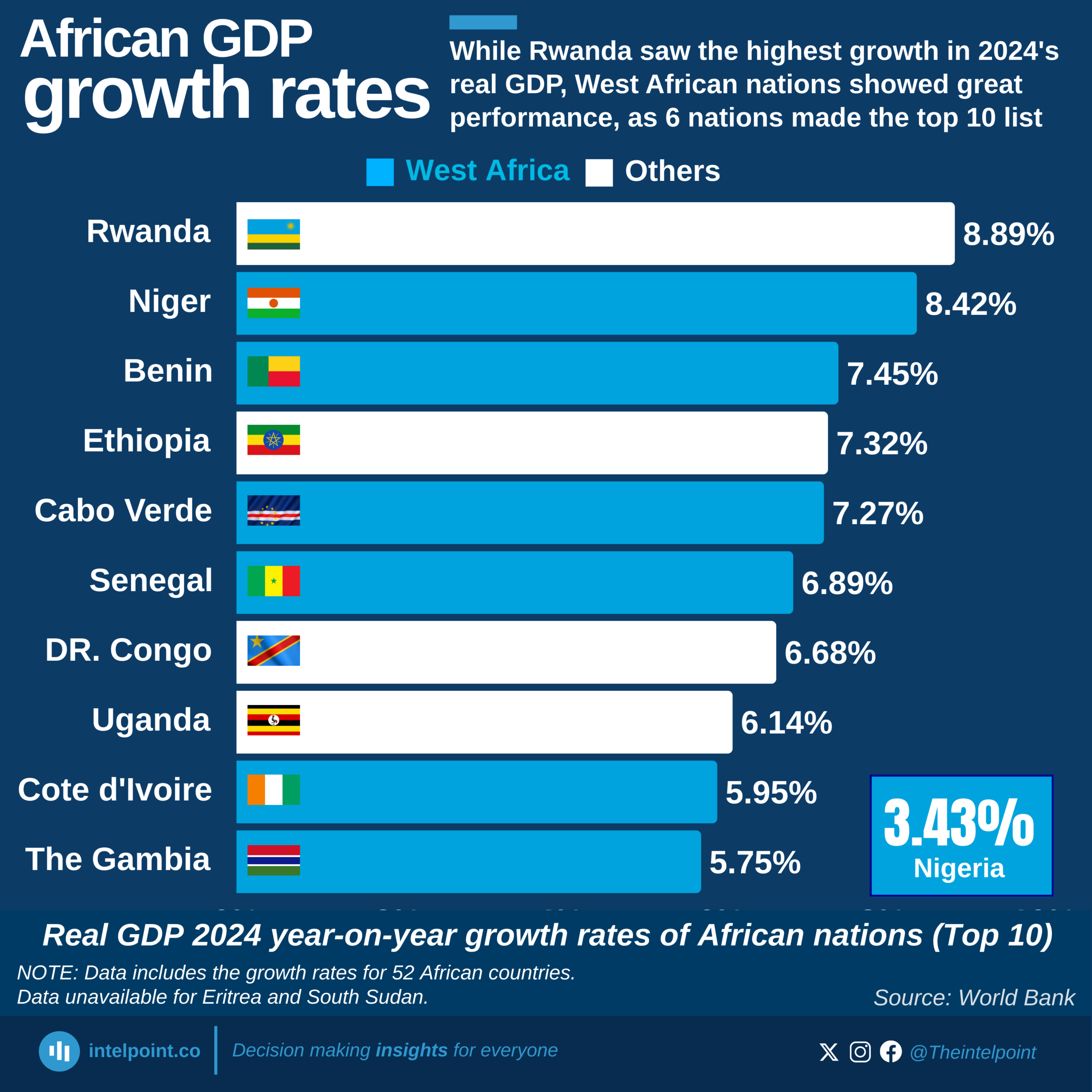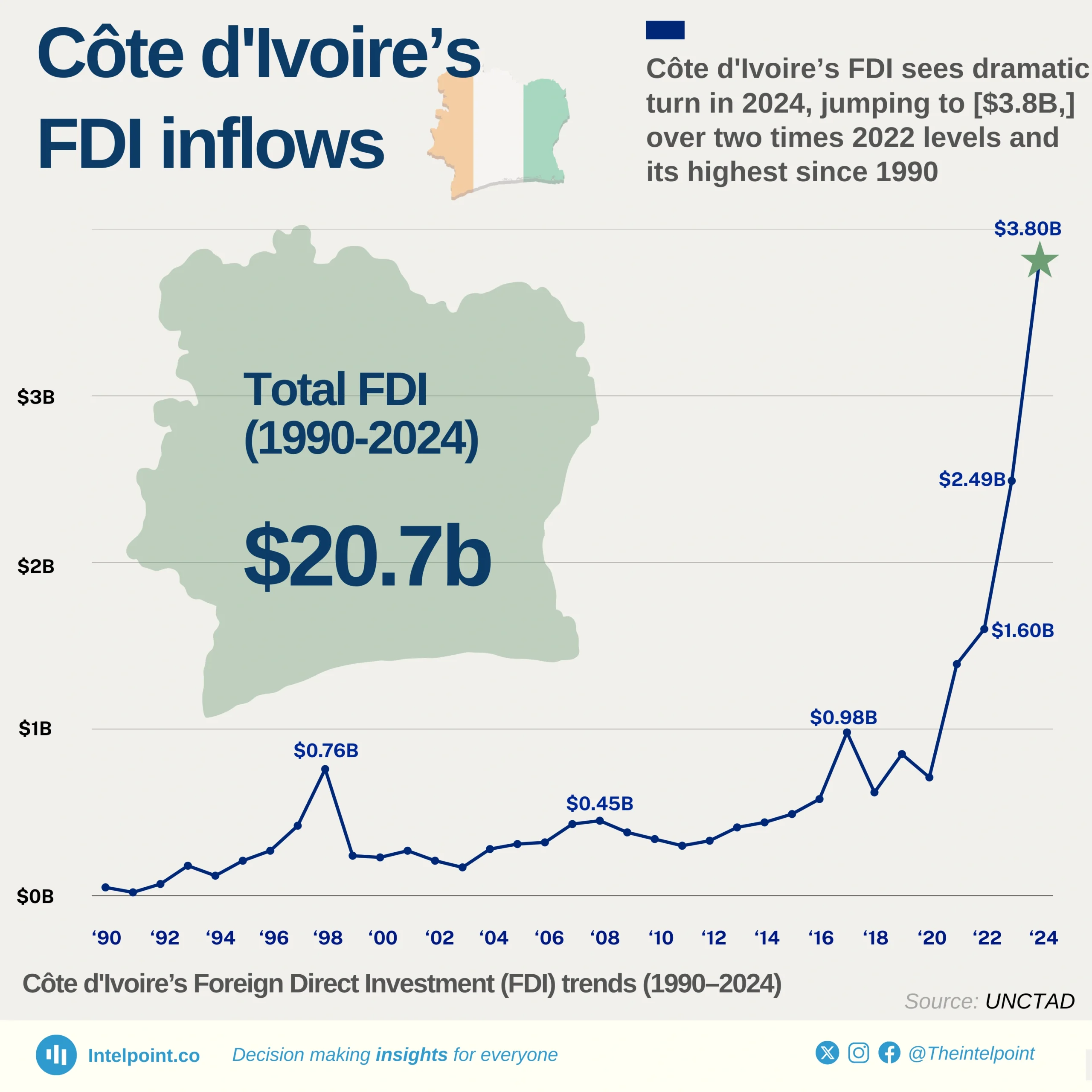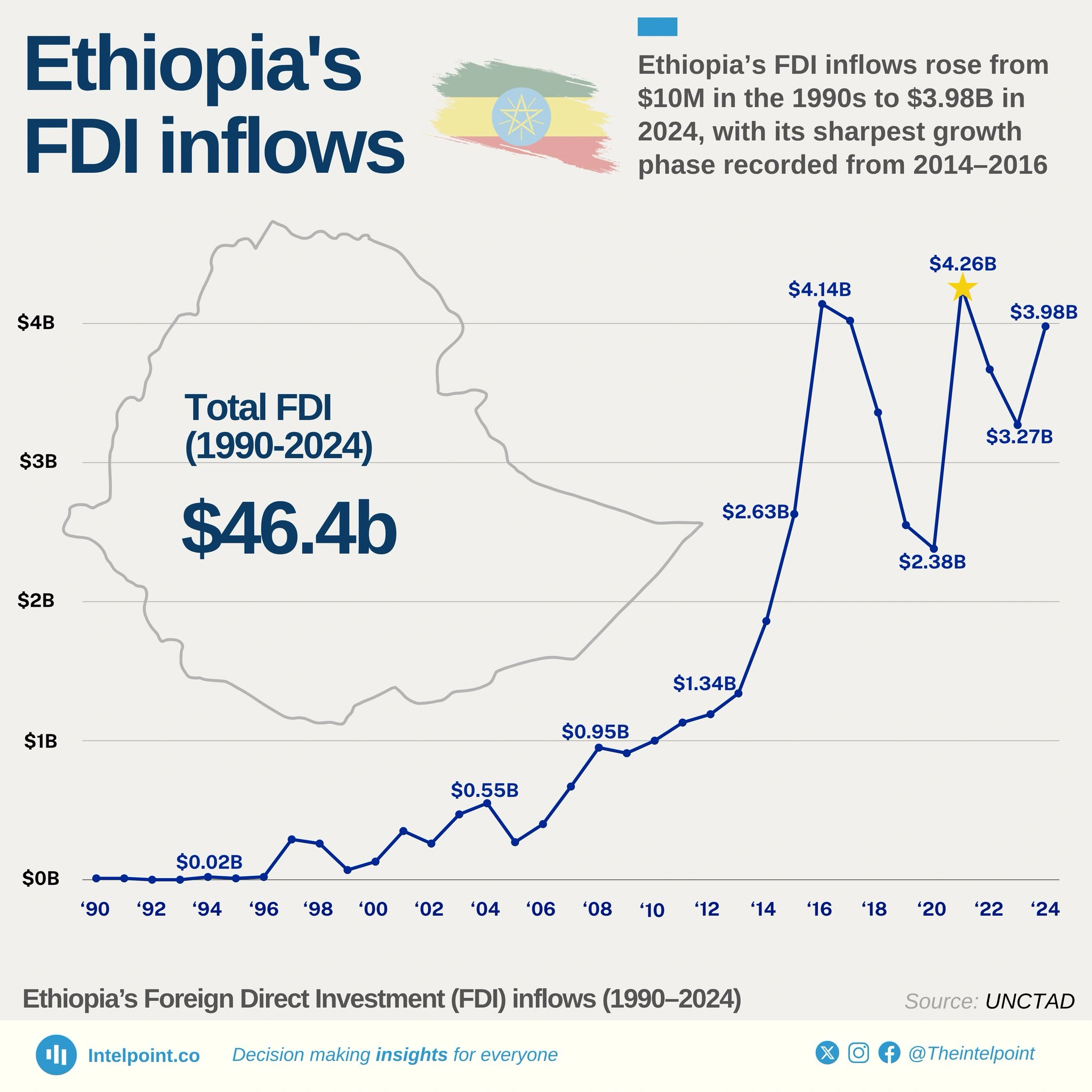Nigeria’s retail sector is highly fragmented, with some players having extensive footprints. Bokku! Mart leads with 123 stores, far ahead of the second-largest chain, Addide, which has 44 stores. Other notable brands like Marketsquare, Justrite, and Shoprite have between 23 and 36 stores.
Despite Shoprite’s international reputation, it lags behind indigenous brands in terms of store count. The majority of retail chains have fewer than 15 outlets, reflecting the sector's challenges in achieving large-scale expansion. While some brands focus on widespread presence, others prioritise fewer but larger stores.

